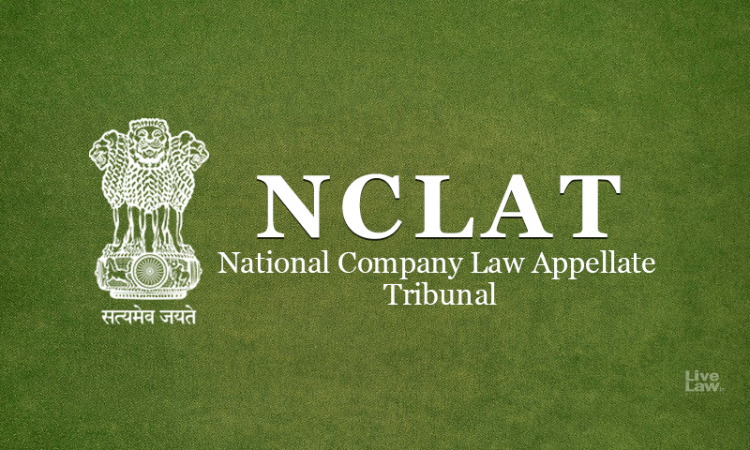Beneficiaries Of Personal Guarantee Can File Application U/S 95 Of IBC: NCLAT
Mohd Malik Chauhan
24 Feb 2025 5:02 PM IST

Next Story
24 Feb 2025 5:02 PM IST
The National Company Law Appellate Tribunal (NCLAT) New Delhi bench of Justice Rakesh Kumar Jain (Judicial Member), Mr. Naresh Salecha (Technical Member) and Mr. Indevar Pandey (Technical Member) has held that beneficiaries of personal guarantee can initiate Personal Insolvency Resolution Process (PIRP) against Personal Guarantor under section 95 of the Insolvency and Bankruptcy Code,...
